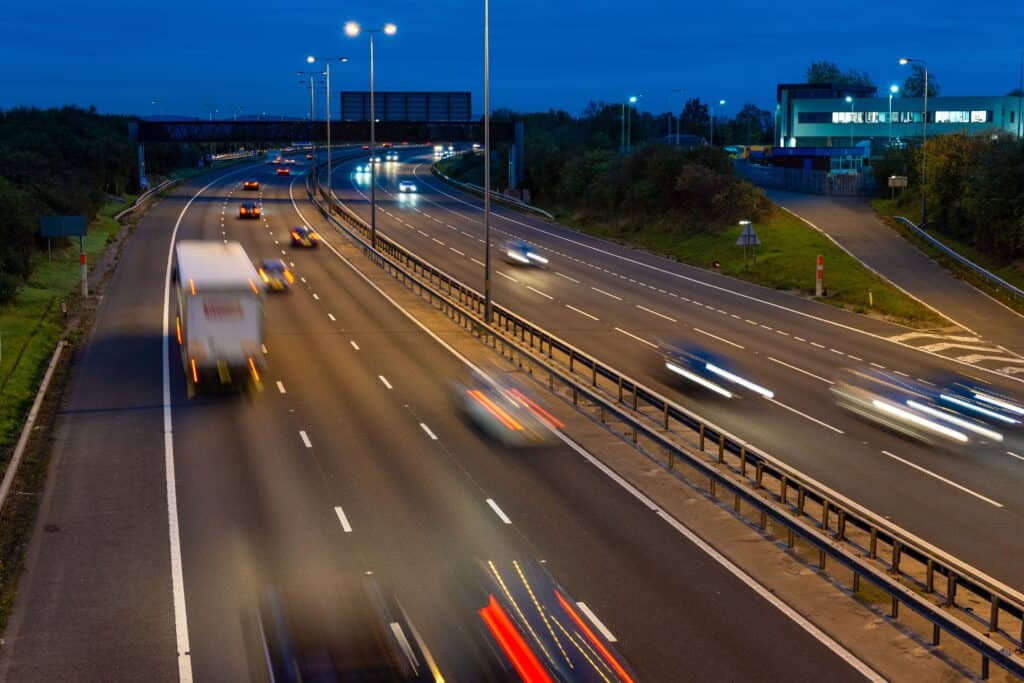
New Study Reveals ‘Worst’ Roads For Speeding Offences
New research has revealed the UK roads which have the most offences for speeding.
The data found that some roads have a much higher incidence of speeding occurring than others, with the M6 Toll near Birmingham topping the list.
Second came with the M61, with figures indicating that almost half of all drivers measured had exceeded the speed limit during their journey.
Speeding - The Road Safety Impact
Data published by the Department for Transport (DfT) showed that while fewer drivers were found guilty for speeding, more attending speed awareness courses.
As more automatic fines are sent out for speeding offences on motorways, with first time offenders given the opportunity to attend an awareness course rather than receive points on their licence, the question is whether that is having an impact on road safety.
As we all know, braking distances are increased at faster speeds and when you factor in adverse weather conditions in autumn and winter, that can have a serious effect on road safety.
More than 200,000 drivers being found guilty of speeding offences in 2023, which represents an 85% increase since 2011.
On top of that, 1,780,000 drivers attended a speed awareness course in the UK during 2023, which is a 9% increase year-on-year and a 131% increase since 2011.
Those figures show that while there are more drivers on the road, the number of offences have disproportionally increased.
With many road safety experts calling for more to be done to curb driving offences, not just speeding, it’s stark reading and will likely prompt more discussion over what to do in order to reduce the number of offences being committed.
How Are Speeding Penalties Administered?
Speeding penalties are administered by local police authorities.
If you’re caught speeding by a speed camera, you’ll be sent a Notice of Intended Prosecution (NIP) in the post, along with a Section 172 notice.
It’s the drivers responsibility to respond to that notice within 28 days and inform the police who was driving the car at the time of the offence.
Once you’ve replied, you’ll be sent a Fixed Penalty Notice (FPN) or a letter informing you that you’ll be required to attend a court date.
This will depend on the severity of the offence, but all driving penalties are administered by the police.
It might be that you’re offered the chance to attend a speed awareness course if it’s your first offence (or you haven’t offended in the last three years).
One issue that’s often talked about, however, is the reliance on the police to administer fines and monitor driving offences with a physical police presence.
More automatic fines are issues through speed cameras than ever before, but for other offences such as not wearing seatbelts and using mobile devices, there still needs to be a physical police presence to issue penalties.
‘Operation Snap’ was set up in recent months by police forces to provide a central place for road users to send in dashcam footage, as well as personal camera footage from cyclists, horse riders and pedestrians.
That, coupled with automated speed cameras on motorways and some main roads has helped relieve the burden on the police.
Do you think enough is being done to tackle speeding and dangerous driving on the roads? Let us know in the comments below.

